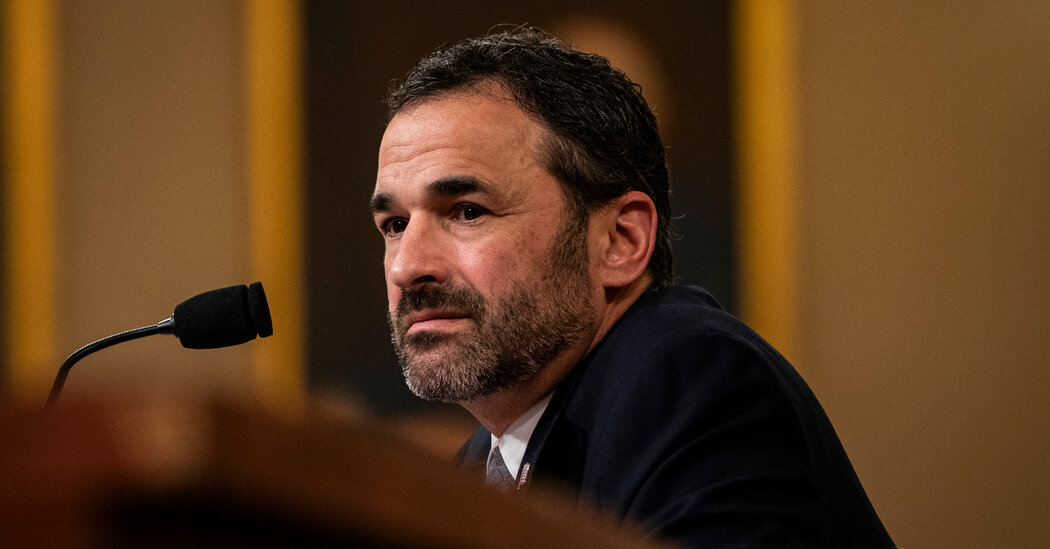The Internal Revenue Service is expanding its efforts to crack down on fraud in a pandemic-era tax credit program following an internal analysis that found a majority of outstanding claims appeared to be improper.
The agency said on Thursday that it was extending its freeze on new claims for the program, the Employee Retention Tax Credit, which was created in 2020, during the throes of the pandemic and allows businesses to collect up to $26,000 for each employee on its payroll. The I.R.S. is also denying tens of thousands of claims that it determined to be erroneous.
Daniel Werfel, the I.R.S. commissioner, warned that the agency’s enforcement teams are scrutinizing claims closely and investigating illicit tax preparation companies that have been encouraging ineligible taxpayers to apply.
“The I.R.S. remains deeply concerned about how many taxpayers have been misled and deluded by promoters into thinking they’re eligible for a big payday,” Mr. Werfel said.
The tax benefit was created as part of the initial $2 trillion pandemic relief legislation signed into law by President Donald J. Trump. It offered businesses thousands of dollars per employee if they could show that Covid-19 had reduced their incomes and that they were continuing to pay workers.
In many cases, Mr. Werfel said, applicants were filing claims for businesses that did not even exist or falsifying the number of employees on their payrolls.
The original program, which was expanded in 2021, was projected to cost the federal government $55 billion over a decade. But by last September, the I.R.S. had received nearly four million applications and had paid out $230 billion in employee retention refunds. It currently has a backlog of 1.4 million claims.
The law allowed taxpayers to continue to apply for the tax credit through 2025, but the I.R.S. paused the program last fall and stopped processing new applications so that it could sift through a backlog and step up audits.
Mr. Werfel said that the I.R.S. was extending the moratorium to prevent more faulty claims from being submitted. He called on Congress to pass legislation that would allow the agency to permanently stop accepting claims. Since September, the I.R.S. has still been receiving 17,000 applications for tax credits per week.
“We worry that ending the moratorium might trigger a gold rush by aggressive marketers that could lead to a new round of improper claims,” Mr. Werfel said.
The I.R.S. in recent months analyzed one million claims to better understand how the application process was working.
The review found that 10 to 20 percent of the claims showed clear signs of being erroneous and that an additional 60 to 70 percent showed an “unacceptable level of risk.” In such cases, the I.R.S. could go back to applicants to seek additional information before deciding whether to approve or deny the tax credit.
Only 10 to 20 percent of the claims, which were worth about $86 billion, showed no warning signs. The I.R.S. plans to begin processing those and paying out more refunds.
Over the past nine months, the I.R.S. has continued to process 28,000 claims worth $2.2 billion that it received before the moratorium kicked in. The agency rejected another 14,000 claims worth $1.1 billion during that same period.
Since the I.R.S. started cracking down on fraud associated with the program it initiated 450 criminal cases, with 36 of the investigations leading to federal charges.
The unexpectedly high cost of the program has contributed to the nation’s larger-than-expected annual budget deficits and strained the resources of the I.R.S. at a time when it has been trying to improve taxpayer services and be more responsive.
